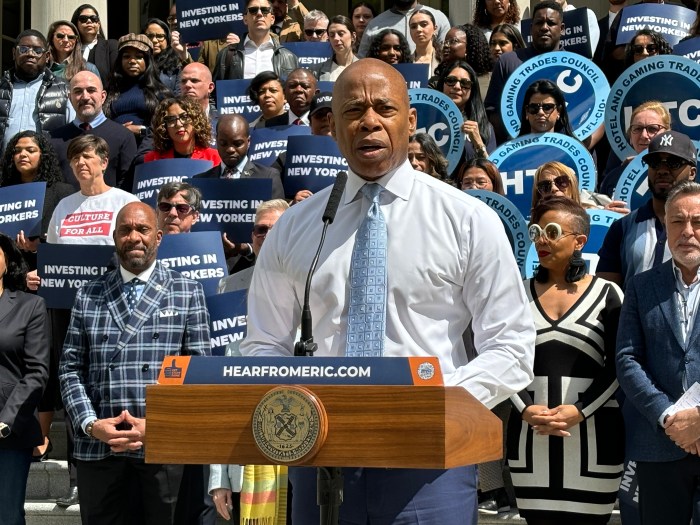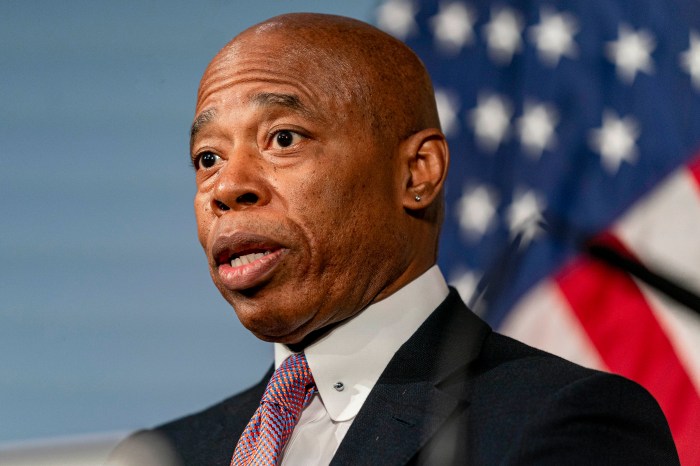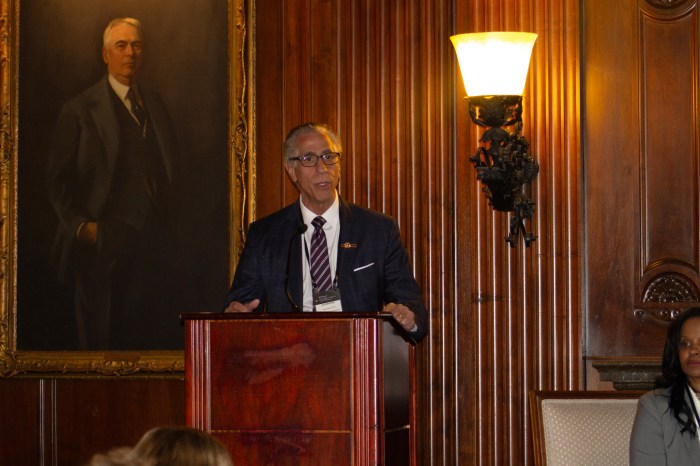President Donald Trump’s revamped travel ban is already seeing resistance from attorneys general across the country, and now New York is set to join the fray.
New York Attorney General Eric Schneiderman on Thursday announced he will be joining a lawsuit in the Western District of Washington against the new immigration executive order, signed by Trump on Monday, March 6, 2017.
Washington State Attorney General Bob Ferguson, Minnesota Attorney General Lori Swanson and other attorneys general filed papers on Thursday in an attempt to transfer a national stay upheld by the 9th Circuit Court of Appeals on the first executive order onto the new one. Schneiderman’s office said he will formally join the lawsuit on Monday.
Schneiderman said he believes the new executive order aims to “accomplish the same unlawful and unconstitutional outcomes as the original order.”
“President Trump’s latest executive order is a Muslim ban by another name, imposing policies and protocols that once again violate the Equal Protection Clause and Establishment Clause of the United State Constitution,” Schneiderman said in a statement.
The legal battle over the Trump administration’s attempts to temporarily halt travel into the United States from six (formerly seven) Muslim-majority nations has been ongoing since the first executive order was signed on Jan. 27.
After Trump signed the first travel ban, Schneiderman had joined a lawsuit filed by the American Civil Liberties Union Foundation, the Urban Justice Center and others.
Meanwhile, Washington state filed a lawsuit against Trump’s original ban and a federal judge in Seattle ordered an emergency stay to the policy. The 9th Circuit Court of Appeals in San Francisco then upheld the judge’s ruling, and the president’s administration chose to issue a new executive order instead of trying to defend the original in court.
Ferguson told a news conference on Thursday he believes the court injunction against the Jan. 27 travel ban is still in effect and would apply to the new order. He said the new directive harms a “smaller group” of individuals, but that would not affect the state’s ability to challenge it in court.
The new order, set to go into effect on March 16, was designed to avoid some of the legal opposition the first one had elicited. More than two dozen lawsuits were filed around the country against the first travel ban.
The revisions replace the original order and include explicit exemptions for legal residents or existing visa holders and waivers are allowed on a case-by-case basis for some business, diplomatic and other travelers.
While the new order keeps a 90-day ban on travel to the United States by citizens of Iran, Libya, Syria, Somalia, Sudan and Yemen, it excludes Iraq.
Refugees are still kept from entering the country for 120 days but the new order removed an indefinite ban on all refugees from Syria.
-With Reuters

















